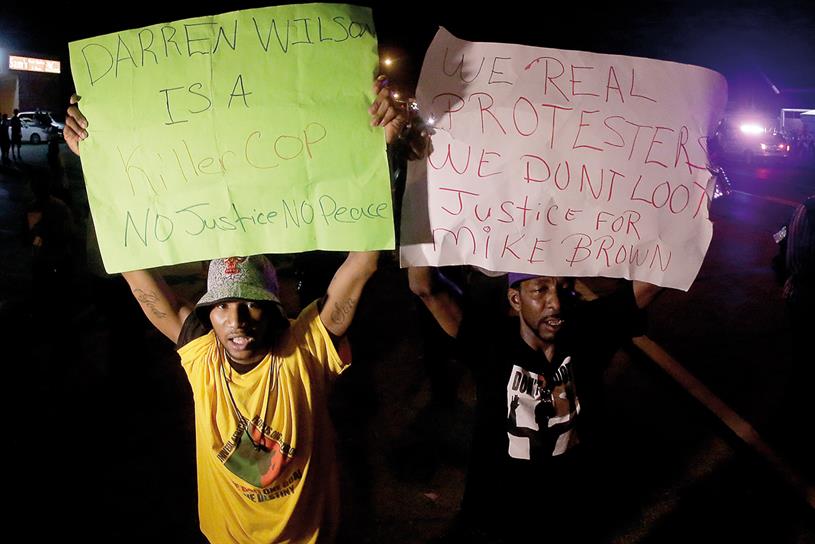Opinion: Facebook has just turned to the dark side
We should be concerned by a social media network that has the power to decide what news stories and ads are accessible to its users, says the author
by Andy Pemberton

To continue enjoying this content, please sign in below. You can register for free for limited further access or subscribe now for full access to all out content.
Sign In
Trouble signing in?
Register for free
✓ Access limited free articles each month
✓ Email bulletins – top industry news and insights delivered straight to your inbox
Subscribe
✓ All the latest local and global industry news
✓ The most inspirational and innovative campaigns
✓ Interviews and opinion from leading industry figures
